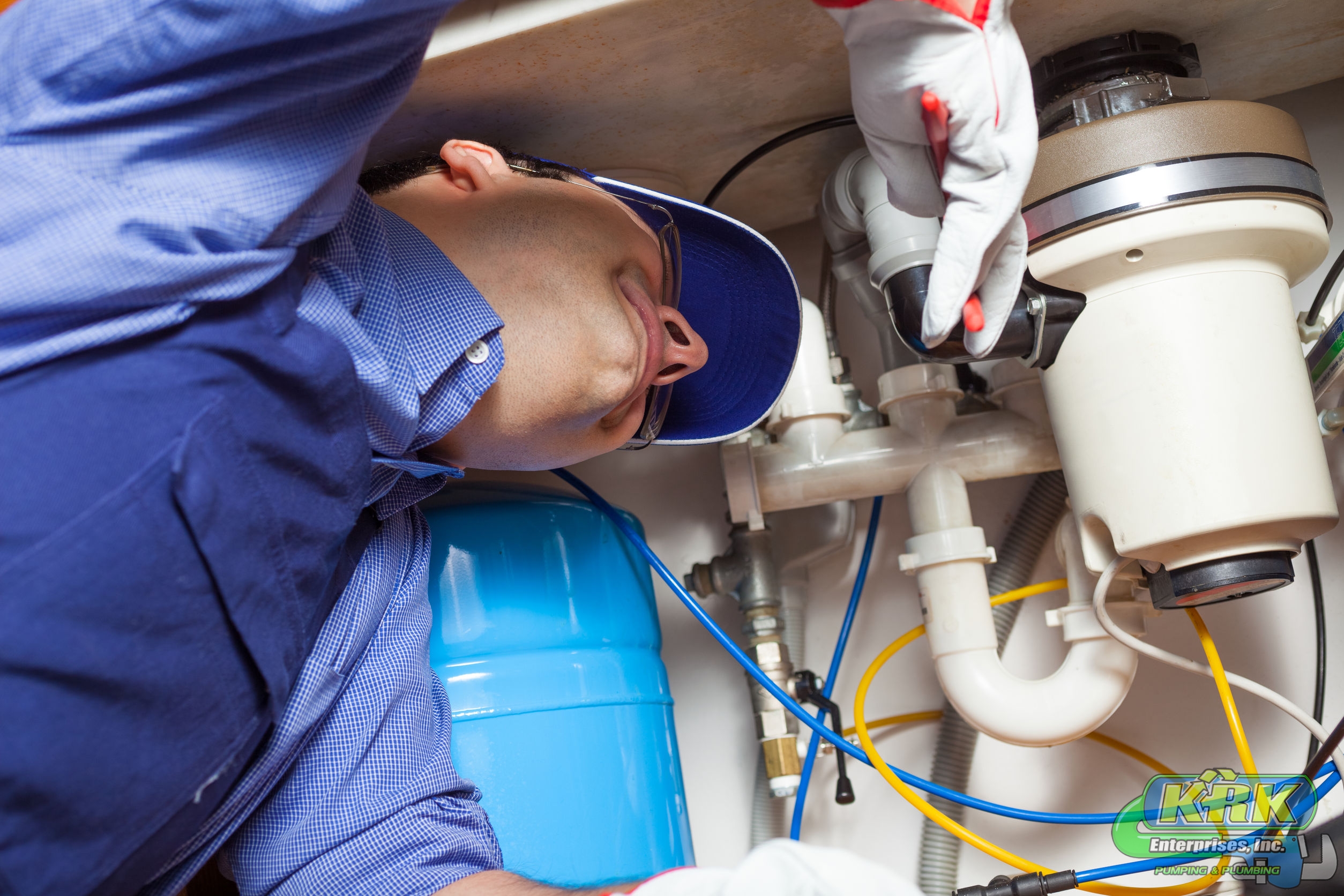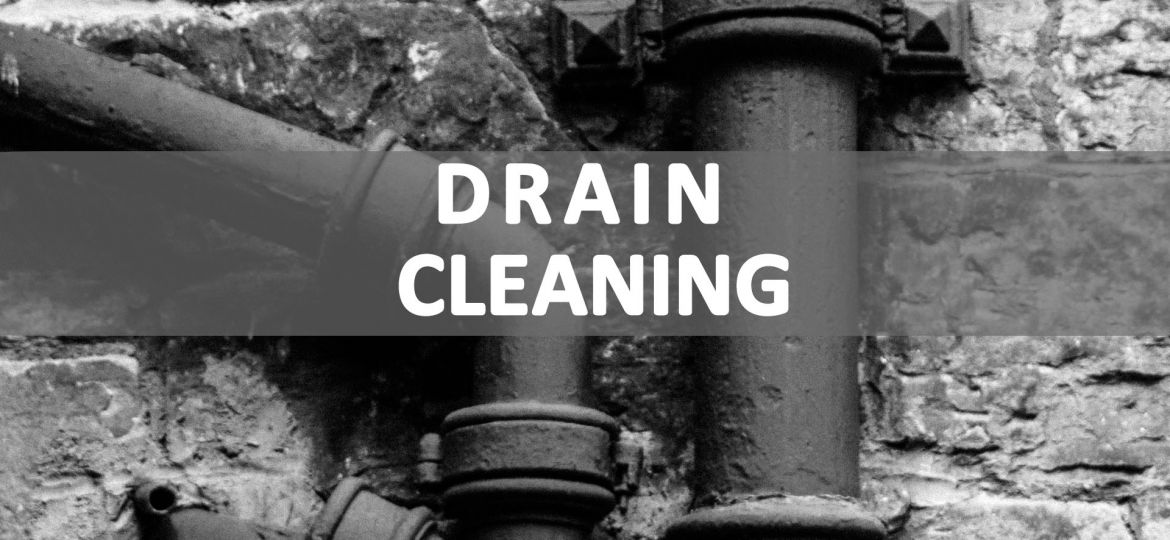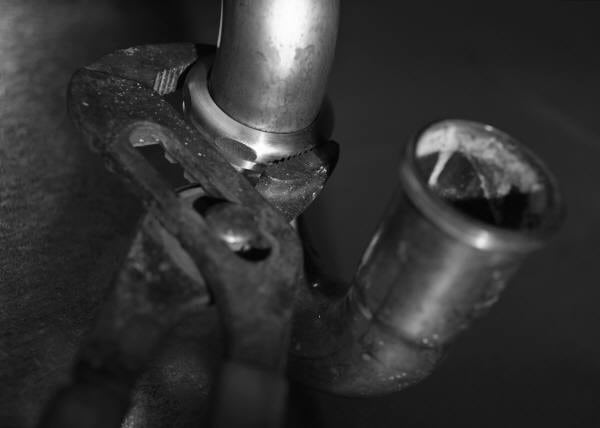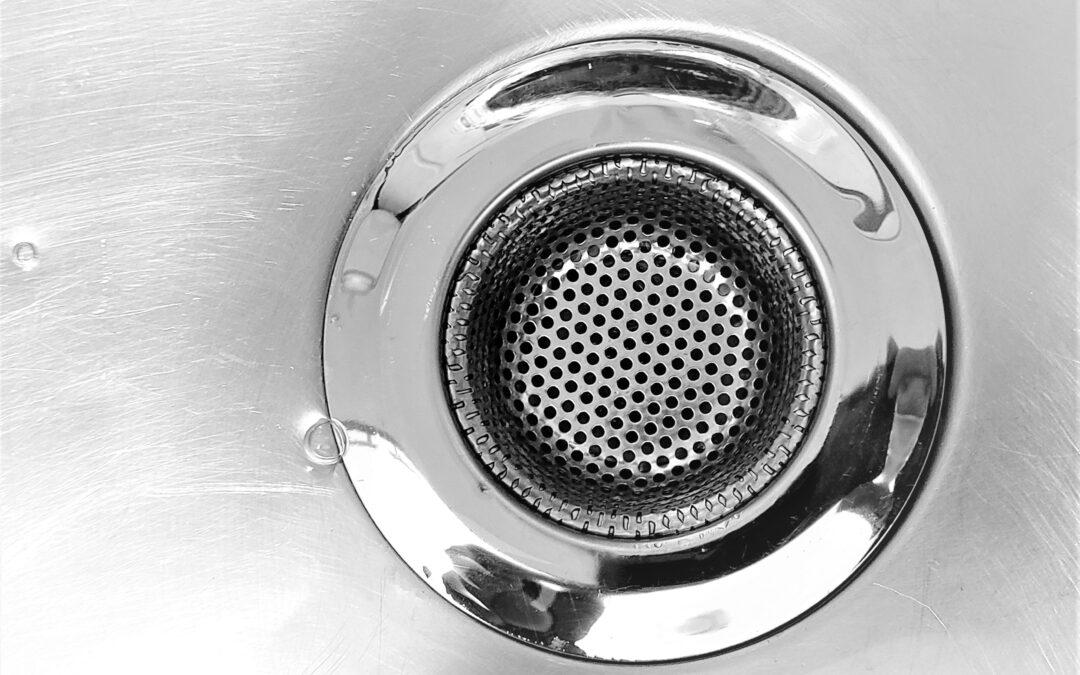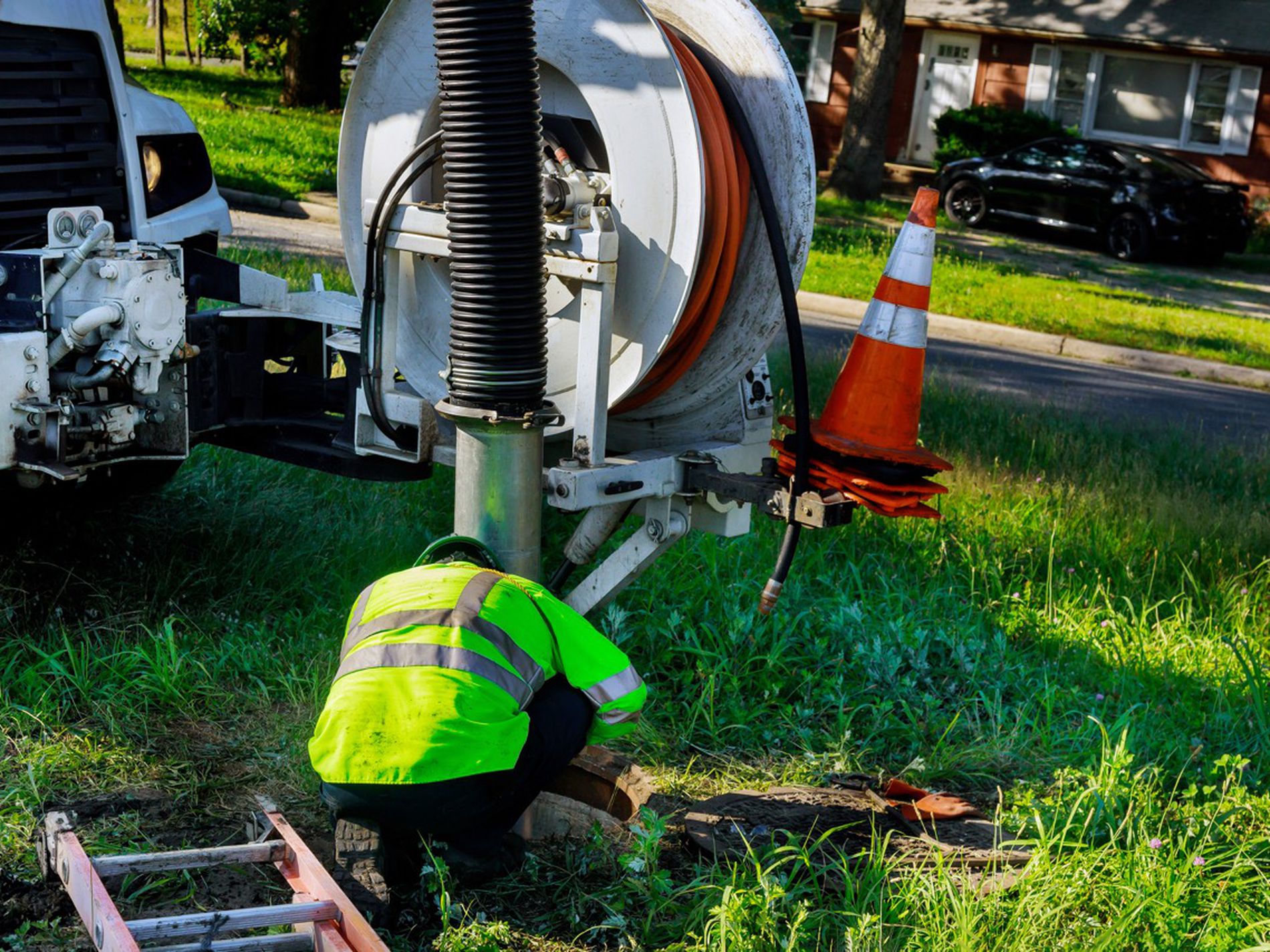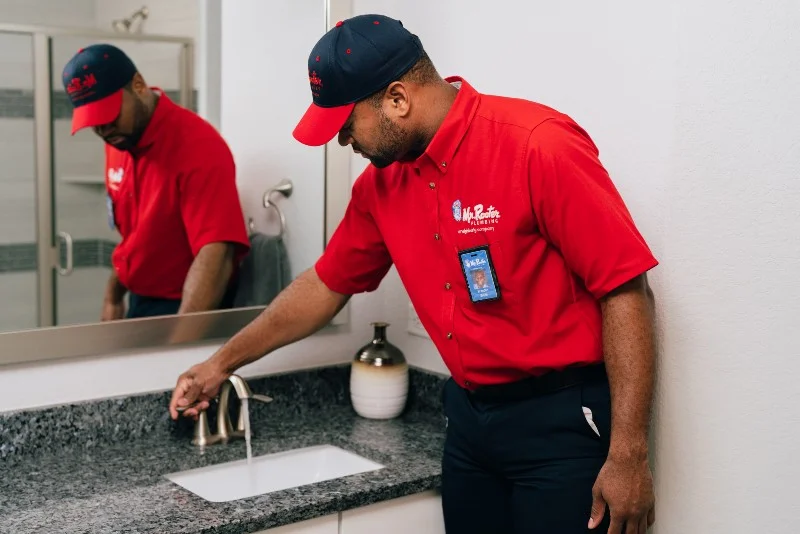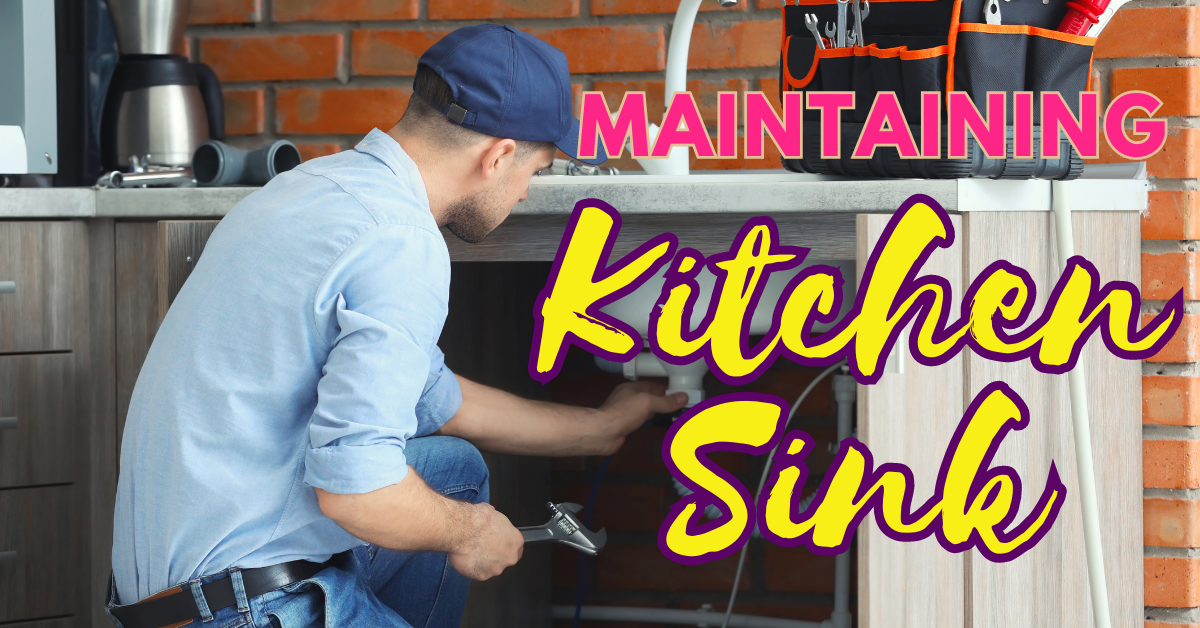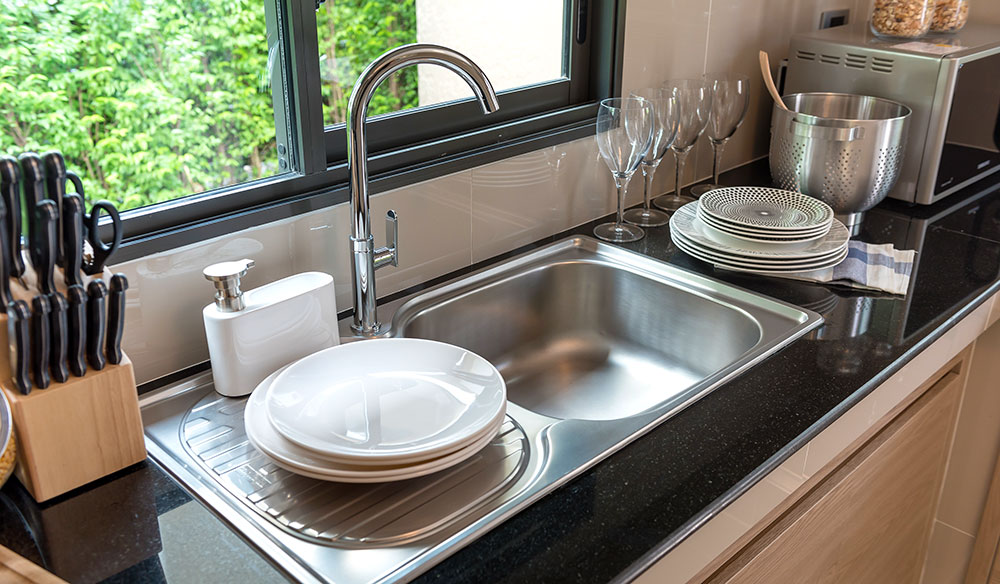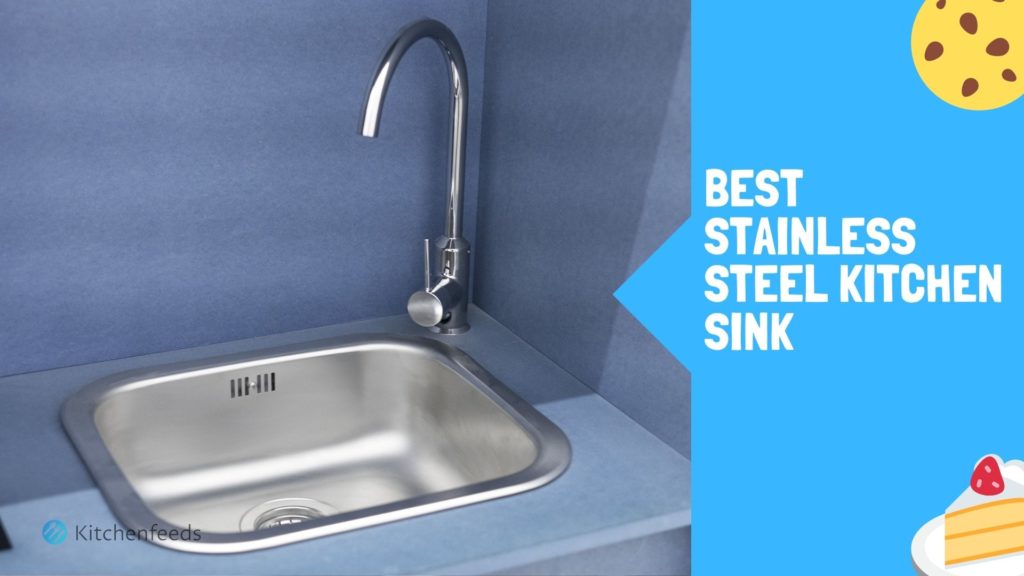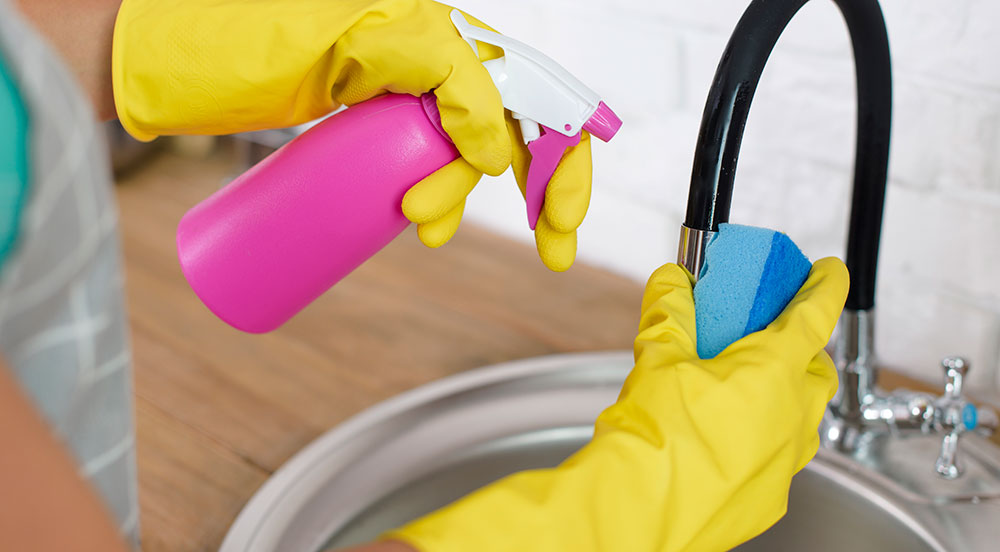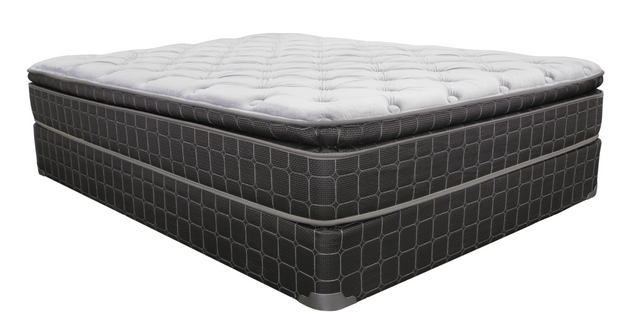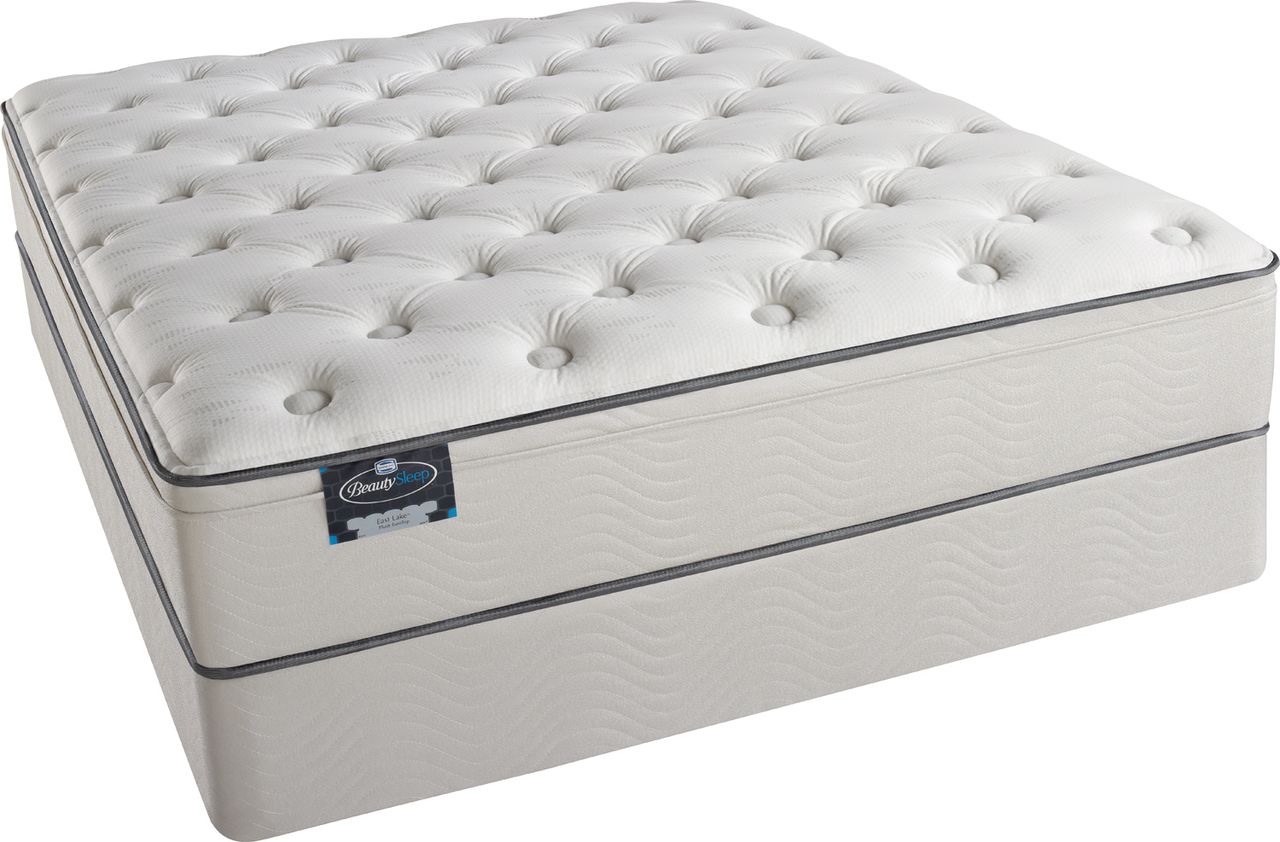One of the most common waste issues in kitchen sinks is a clogged drain. This can happen for a variety of reasons, such as food particles, grease, and debris getting stuck in the pipes. It can also be caused by using the garbage disposal incorrectly or flushing non-biodegradable items down the drain. A clogged drain can lead to slow draining water, standing water, and even unpleasant odors. It is important to address this issue promptly to prevent further damage to your plumbing system.1. Clogged Drain
While garbage disposals are a convenient way to get rid of food waste, they can also be a source of waste in the kitchen sink. Many people make the mistake of putting large or hard food scraps down the disposal, which can cause it to clog or malfunction. It is important to only use the garbage disposal for small, soft food scraps and to always run cold water while using it to prevent clogs and buildup.2. Food Waste Disposal
Another common issue in kitchen sinks is grease buildup. When cooking, it is important to not pour hot grease down the drain as it can solidify and cause blockages. It is best to let the grease cool and then dispose of it in the trash. Additionally, it is important to regularly clean the sink and pipes to prevent grease buildup and potential clogs.3. Grease Buildup
Blocked pipes can occur due to a variety of waste issues in the kitchen sink. They can be caused by food scraps, grease, hair, and other debris getting stuck, resulting in slow draining water or even complete blockages. This can lead to costly repairs and inconvenience. To prevent blocked pipes, it is important to properly dispose of waste and regularly clean the sink and pipes.4. Blocked Pipes
One of the most unpleasant consequences of waste buildup in the kitchen sink is foul odors. This can be caused by food scraps, grease, and debris getting stuck in the pipes and producing a strong, unpleasant smell. To combat this issue, regularly cleaning and disinfecting the sink and pipes can help eliminate these odors.5. Foul Odors
Standing water in the kitchen sink is not only unsightly, but it can also be a sign of waste issues. This can be caused by clogged drains, blocked pipes, or even a malfunctioning garbage disposal. If left unchecked, standing water can lead to further damage and unpleasant odors. It is important to address this issue promptly to prevent any potential health hazards.6. Standing Water
Using the garbage disposal incorrectly can also lead to waste issues in the kitchen sink. Putting non-biodegradable items down the disposal, such as plastic or glass, can cause it to malfunction and result in costly repairs. It is important to only put small, soft food scraps down the disposal and to never use it as a trash can.7. Garbage Disposal Issues
Some waste issues in the kitchen sink can be a sign of larger plumbing problems. For example, if you notice multiple clogged drains throughout your home, it could be a sign of a main line clog. In this case, it is important to call a professional plumber to address the issue and prevent any further damage.8. Plumbing Problems
Regularly cleaning your sink and drains can prevent waste issues and keep your plumbing system running smoothly. This can be done by using a mixture of hot water, baking soda, and vinegar to flush out any buildup and odor-causing bacteria. There are also commercial drain cleaning products available, but be sure to use them according to the instructions.9. Drain Cleaning
Maintaining your kitchen sink properly can prevent waste issues and prolong the life of your plumbing system. This includes regularly cleaning the sink and drains, properly disposing of waste, and using the garbage disposal correctly. It is also important to address any issues promptly to prevent further damage and costly repairs.10. Kitchen Sink Maintenance
The Environmental Impact of Waste in Kitchen Sinks
The Problem with Kitchen Sink Waste
 Kitchen sinks are one of the most used fixtures in a household, and as a result, can become a major source of waste. While it may seem convenient to toss food scraps and excess oils down the drain, it can have a negative impact on the environment. The waste that goes down the kitchen sink can end up in our waterways, polluting our oceans, rivers, and lakes. This can harm marine life and disrupt delicate ecosystems. Additionally, the decomposition of food waste in landfills produces methane, a potent greenhouse gas that contributes to climate change. Therefore, it is crucial to address the issue of waste in kitchen sinks to reduce our environmental impact.
Kitchen sinks are one of the most used fixtures in a household, and as a result, can become a major source of waste. While it may seem convenient to toss food scraps and excess oils down the drain, it can have a negative impact on the environment. The waste that goes down the kitchen sink can end up in our waterways, polluting our oceans, rivers, and lakes. This can harm marine life and disrupt delicate ecosystems. Additionally, the decomposition of food waste in landfills produces methane, a potent greenhouse gas that contributes to climate change. Therefore, it is crucial to address the issue of waste in kitchen sinks to reduce our environmental impact.
The Importance of Proper Waste Disposal
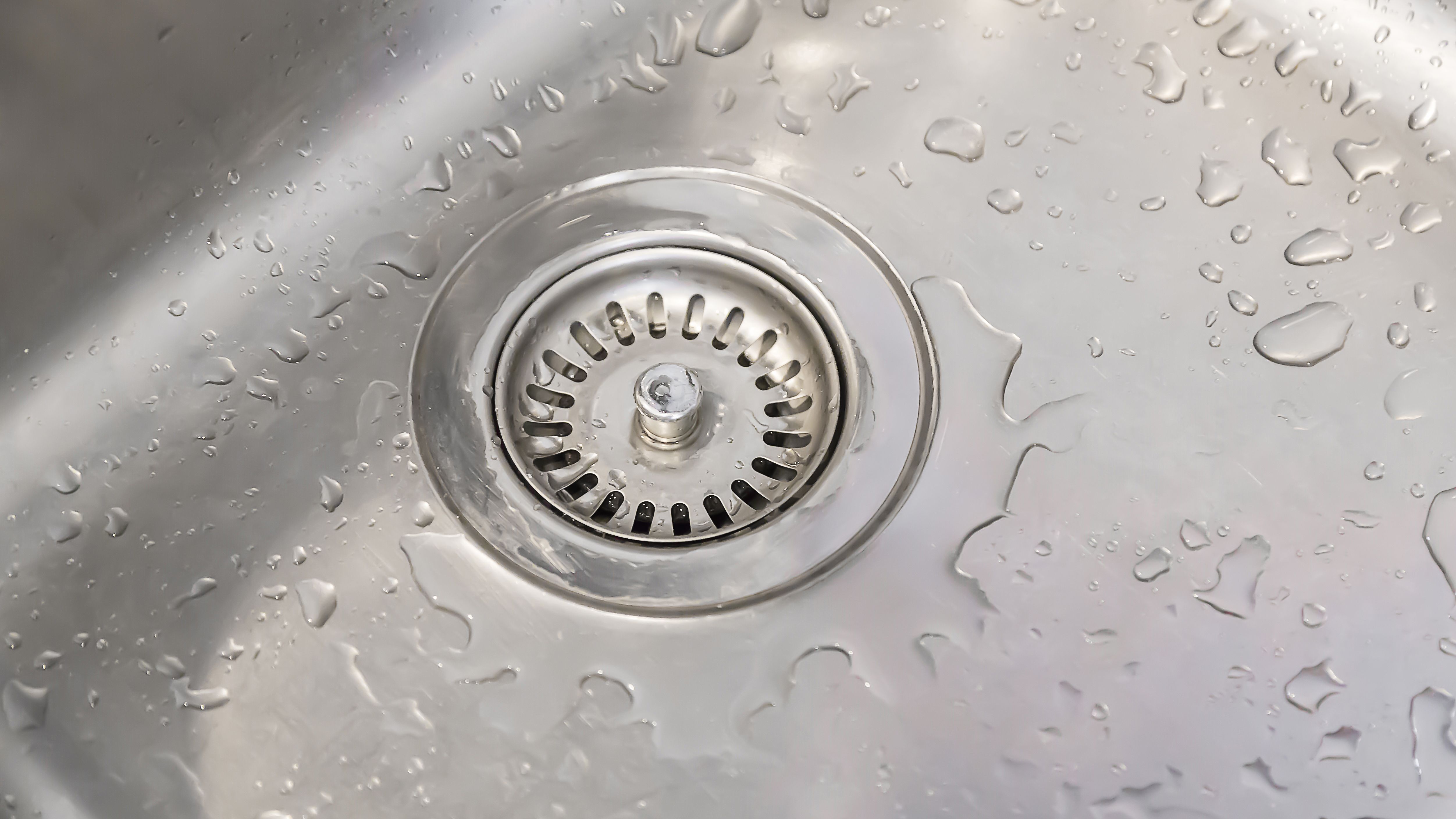 Proper waste disposal is essential for the health of our planet.
Recycling and composting
are great ways to reduce the amount of waste that ends up in landfills, but it is also important to pay attention to what goes down our kitchen sinks. Many people are unaware of the impact that seemingly harmless items, such as oils, fats, and food scraps, can have on the environment. These substances can build up in pipes and cause blockages, leading to costly repairs. They can also attract pests and create unpleasant odors. By properly disposing of kitchen sink waste, we can prevent these issues and help protect the environment.
Proper waste disposal is essential for the health of our planet.
Recycling and composting
are great ways to reduce the amount of waste that ends up in landfills, but it is also important to pay attention to what goes down our kitchen sinks. Many people are unaware of the impact that seemingly harmless items, such as oils, fats, and food scraps, can have on the environment. These substances can build up in pipes and cause blockages, leading to costly repairs. They can also attract pests and create unpleasant odors. By properly disposing of kitchen sink waste, we can prevent these issues and help protect the environment.
Sustainable Solutions
 There are several sustainable solutions that can help minimize waste in kitchen sinks. One option is to install a
garbage disposal unit
that grinds food waste into small particles that can be flushed down the drain. However, it is important to note that not all food scraps can be disposed of in this manner. Items such as bones, fruit pits, and fibrous foods can damage the unit and should be composted instead. Another solution is to use a
grease trap
, which collects oils and fats before they enter the drain. These traps can be emptied and the contents can be disposed of properly.
There are several sustainable solutions that can help minimize waste in kitchen sinks. One option is to install a
garbage disposal unit
that grinds food waste into small particles that can be flushed down the drain. However, it is important to note that not all food scraps can be disposed of in this manner. Items such as bones, fruit pits, and fibrous foods can damage the unit and should be composted instead. Another solution is to use a
grease trap
, which collects oils and fats before they enter the drain. These traps can be emptied and the contents can be disposed of properly.
The Role of Design in Waste Reduction
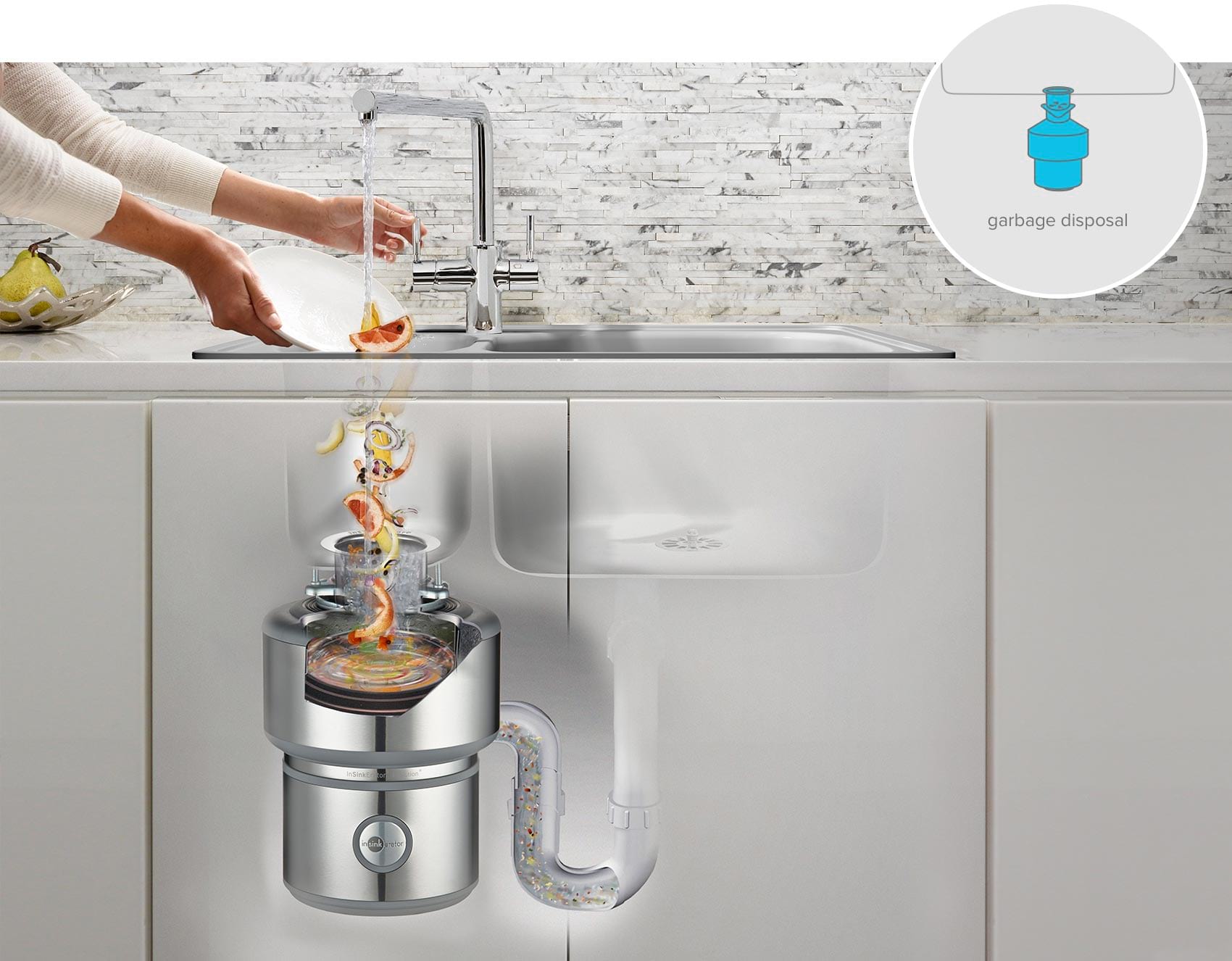 In addition to implementing sustainable solutions, the design of our kitchens can also play a role in reducing waste.
Efficiently designed sinks
with separate compartments for food scraps and dishes can help prevent food waste from entering the drain. Installing a water filtration system can also reduce the need for bottled water, reducing plastic waste. Furthermore, incorporating
energy-efficient appliances
such as dishwashers and faucets can help conserve resources and reduce waste in the long run.
In conclusion, waste in kitchen sinks may seem like a small issue, but it can have a significant impact on the environment. By properly disposing of waste and implementing sustainable solutions, we can reduce our environmental footprint and create a more sustainable future. It is also important to consider the role of design in waste reduction and make conscious choices when designing or renovating our kitchens. Let's take responsibility for our actions and make a positive impact on the environment.
In addition to implementing sustainable solutions, the design of our kitchens can also play a role in reducing waste.
Efficiently designed sinks
with separate compartments for food scraps and dishes can help prevent food waste from entering the drain. Installing a water filtration system can also reduce the need for bottled water, reducing plastic waste. Furthermore, incorporating
energy-efficient appliances
such as dishwashers and faucets can help conserve resources and reduce waste in the long run.
In conclusion, waste in kitchen sinks may seem like a small issue, but it can have a significant impact on the environment. By properly disposing of waste and implementing sustainable solutions, we can reduce our environmental footprint and create a more sustainable future. It is also important to consider the role of design in waste reduction and make conscious choices when designing or renovating our kitchens. Let's take responsibility for our actions and make a positive impact on the environment.











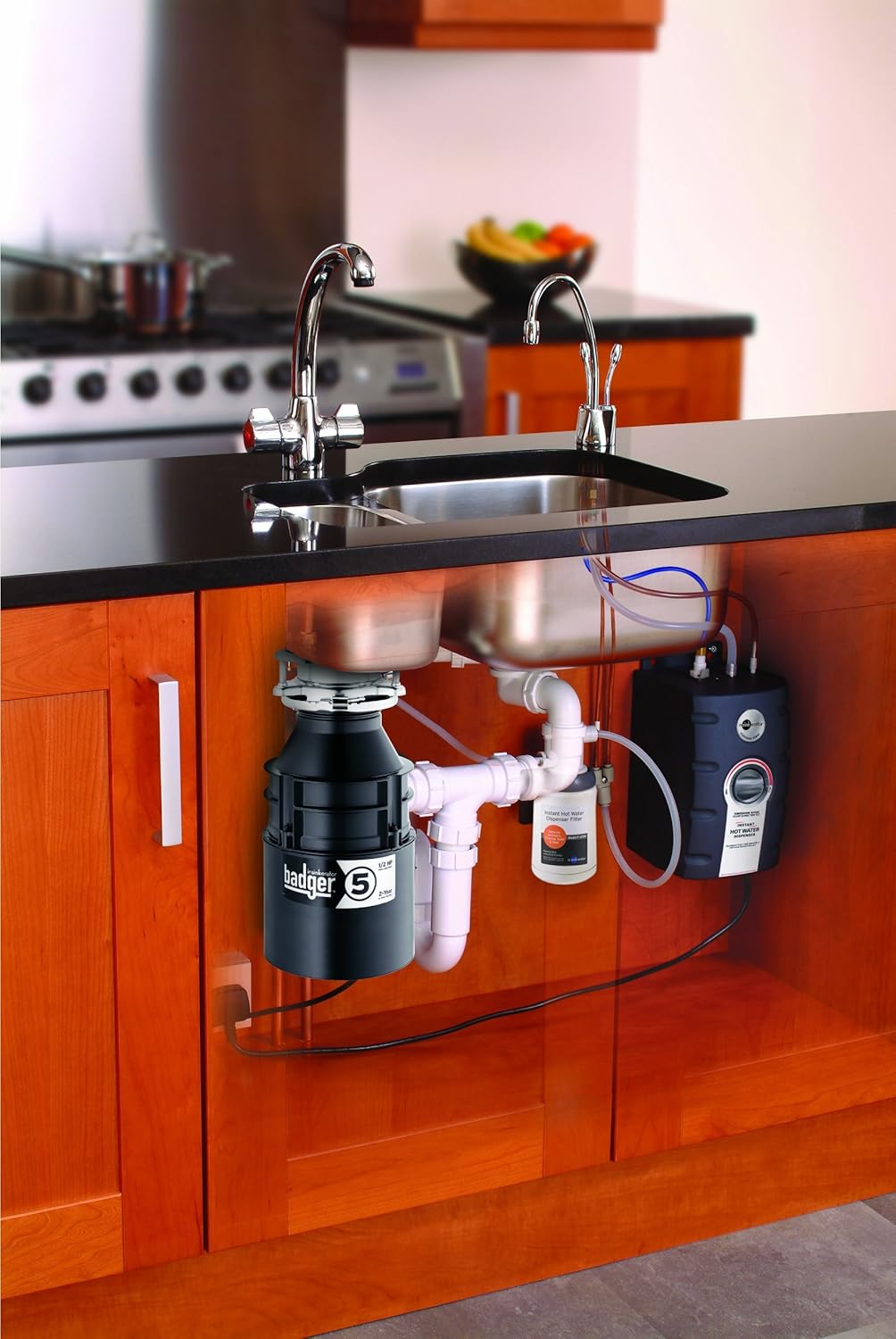

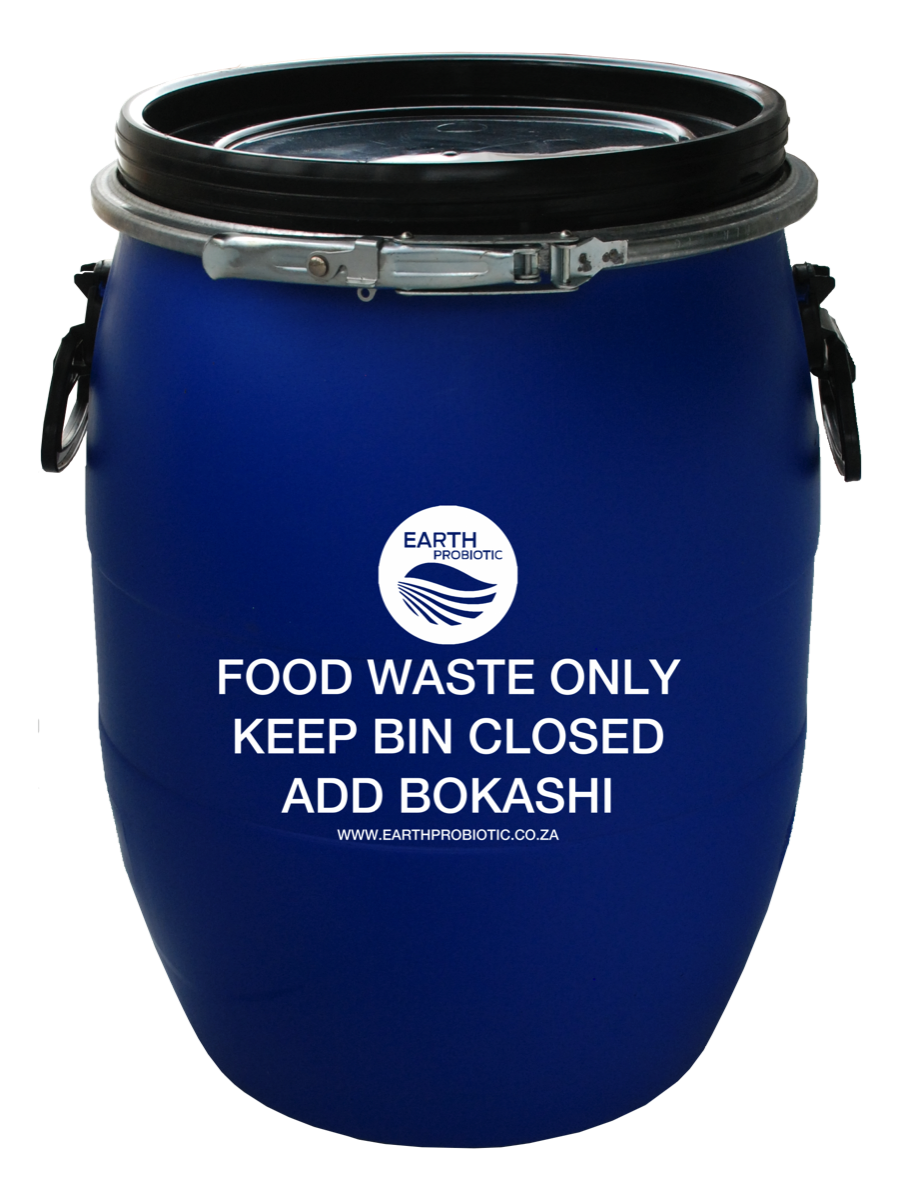
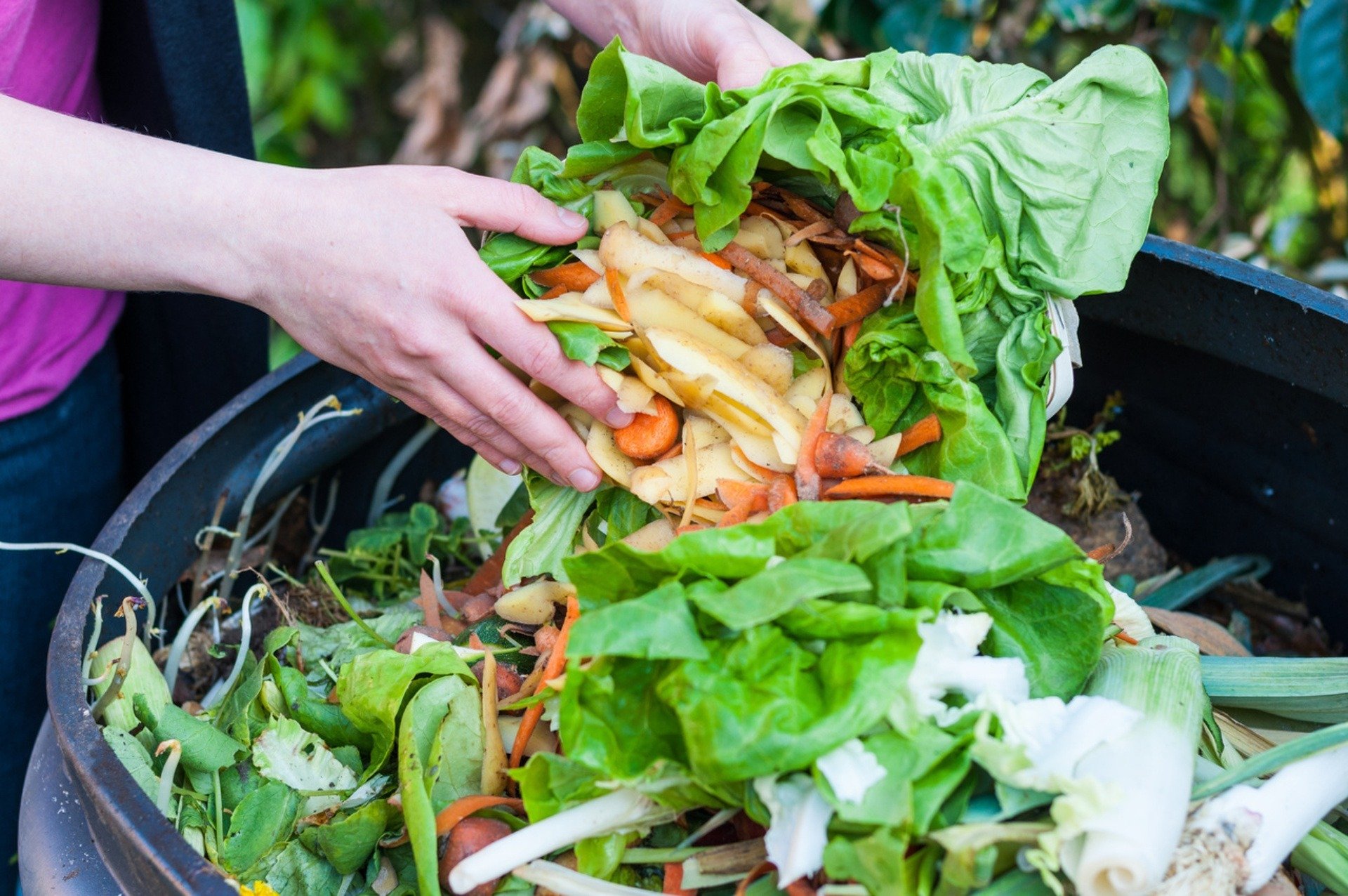
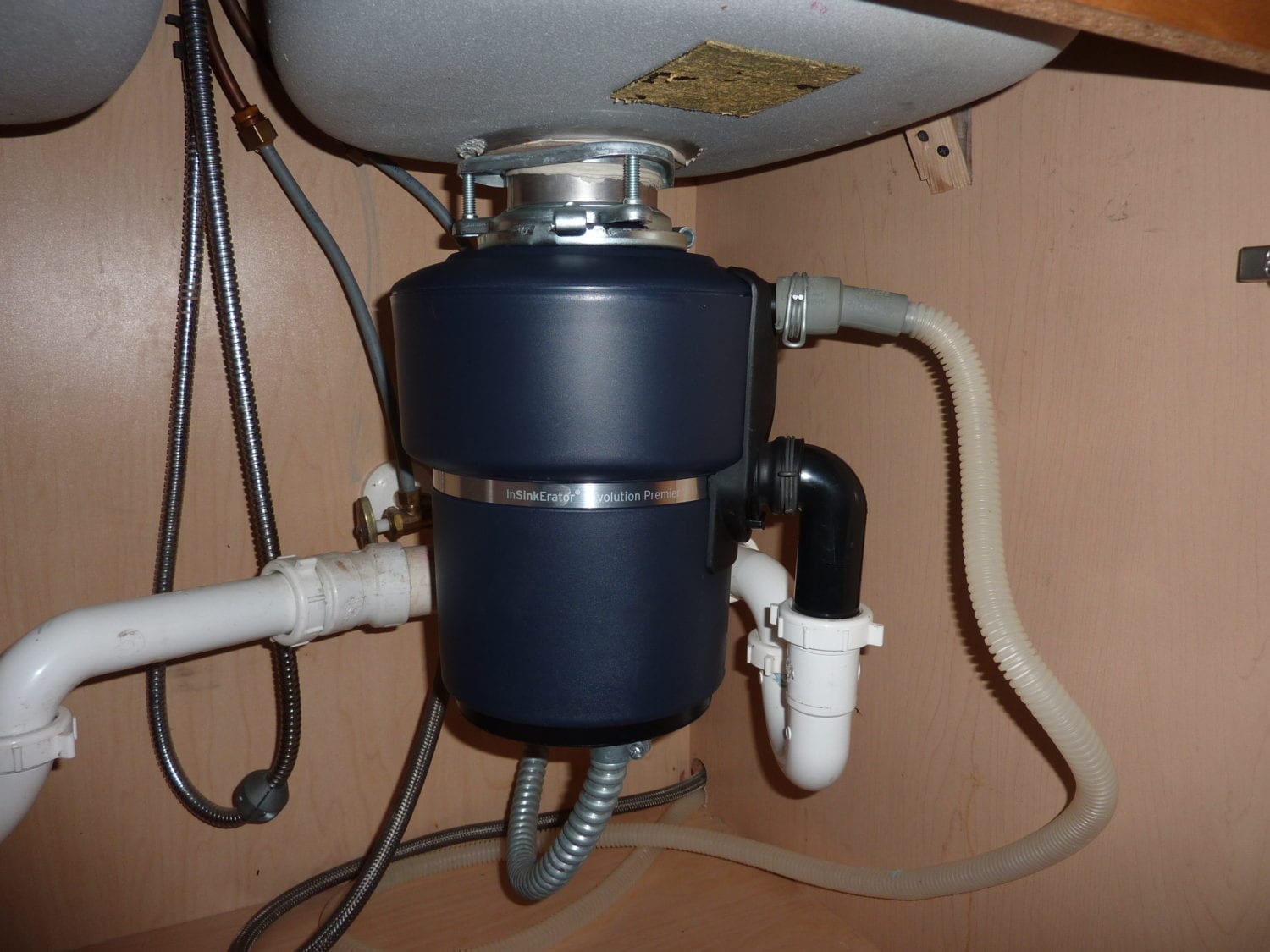
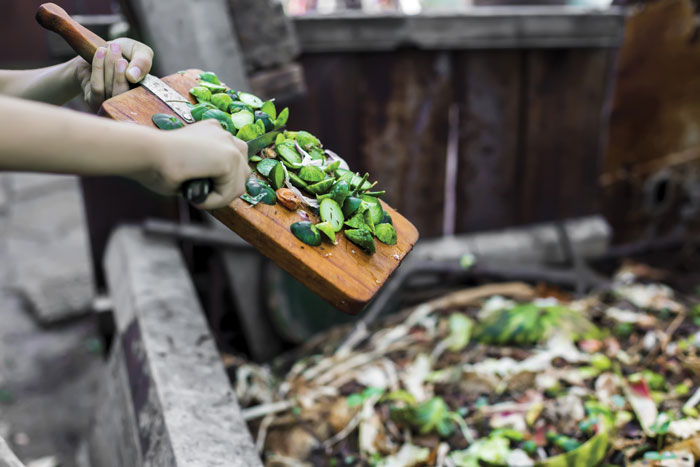
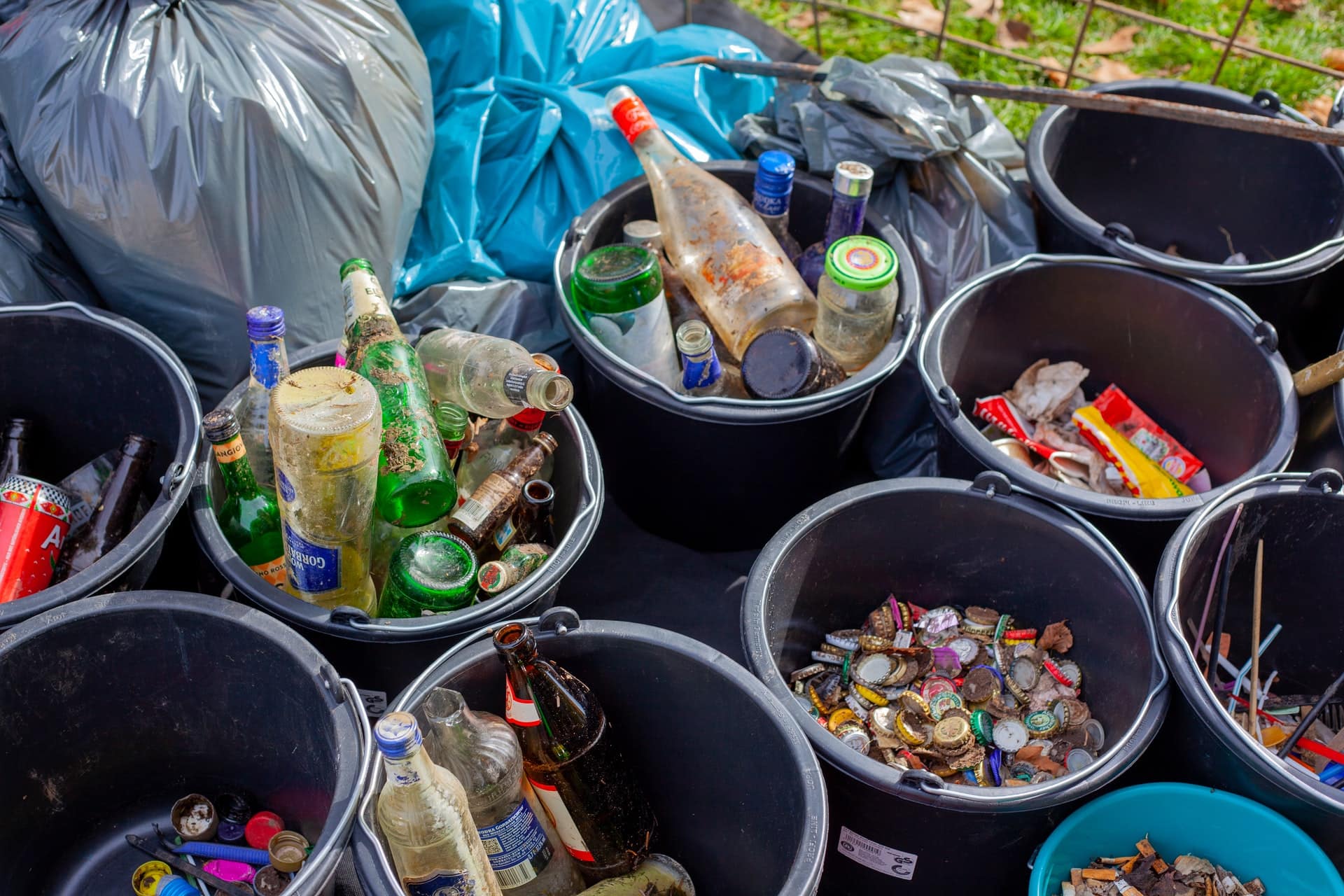
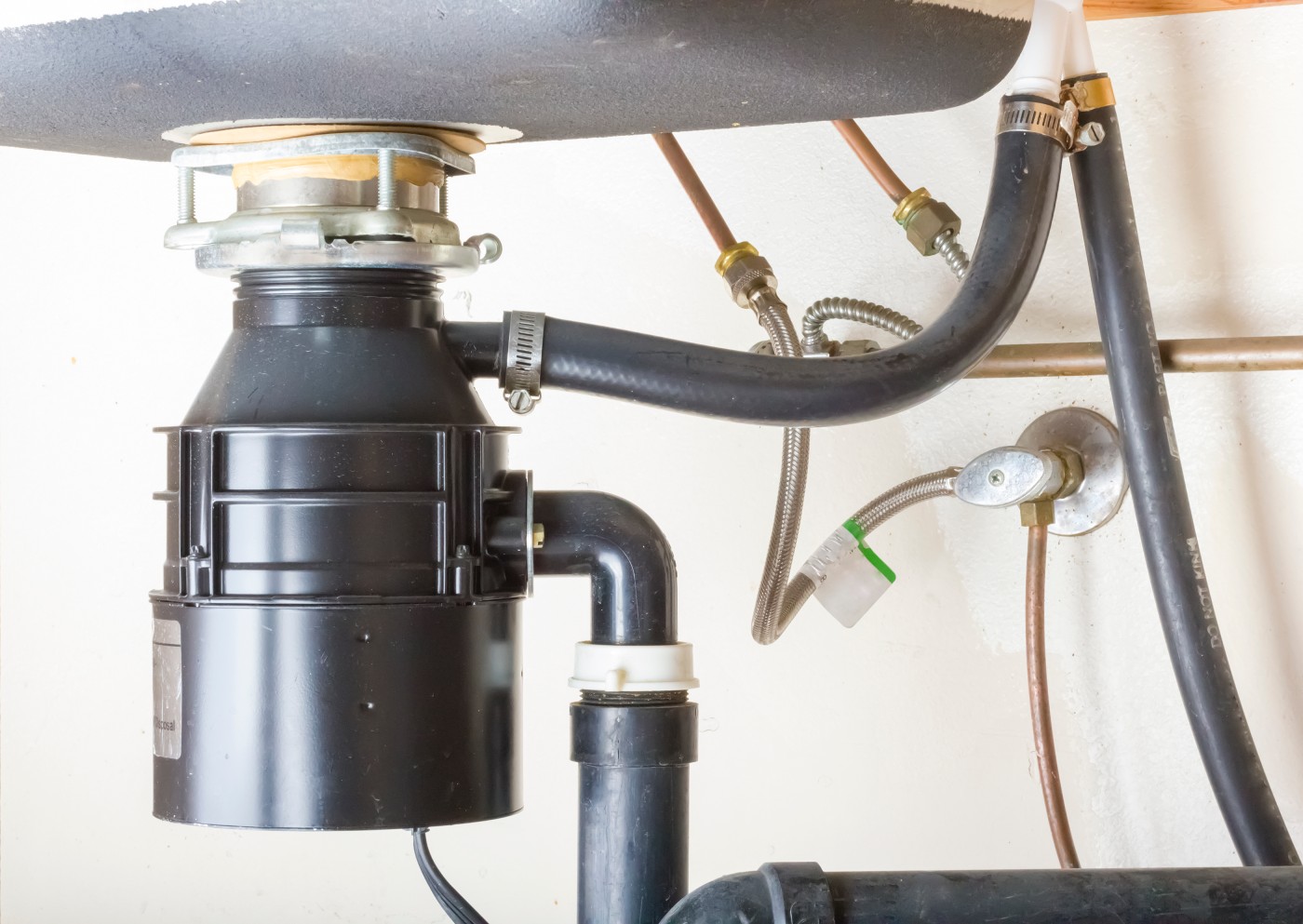
:max_bytes(150000):strip_icc()/gar_disp_expl_view-640-56a4a2d25f9b58b7d0d7effe.jpg)
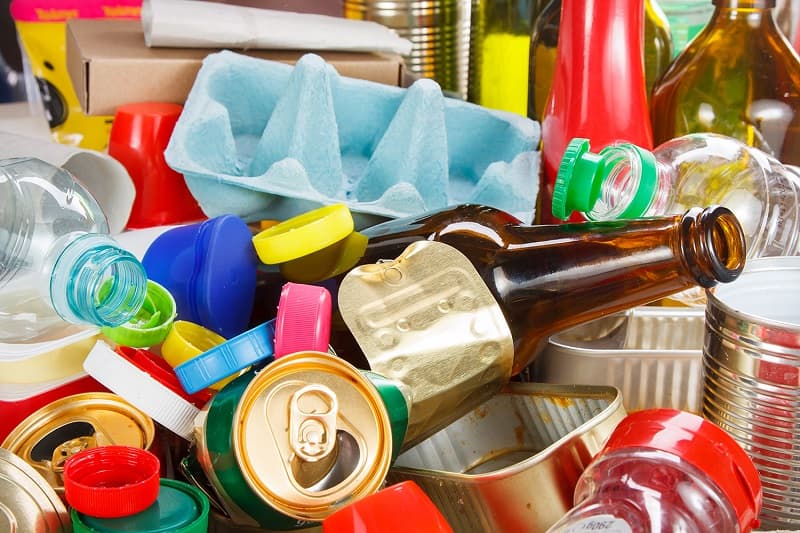




















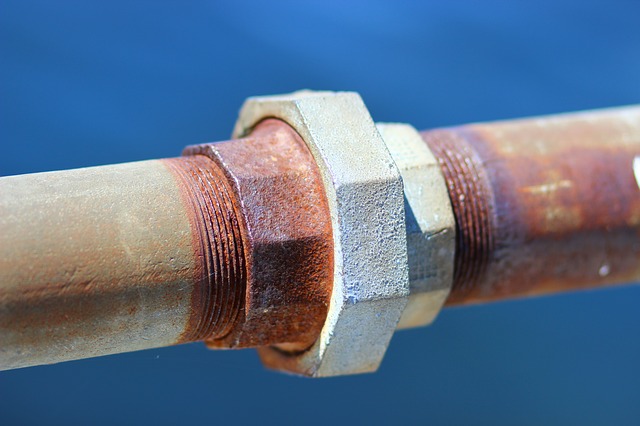

















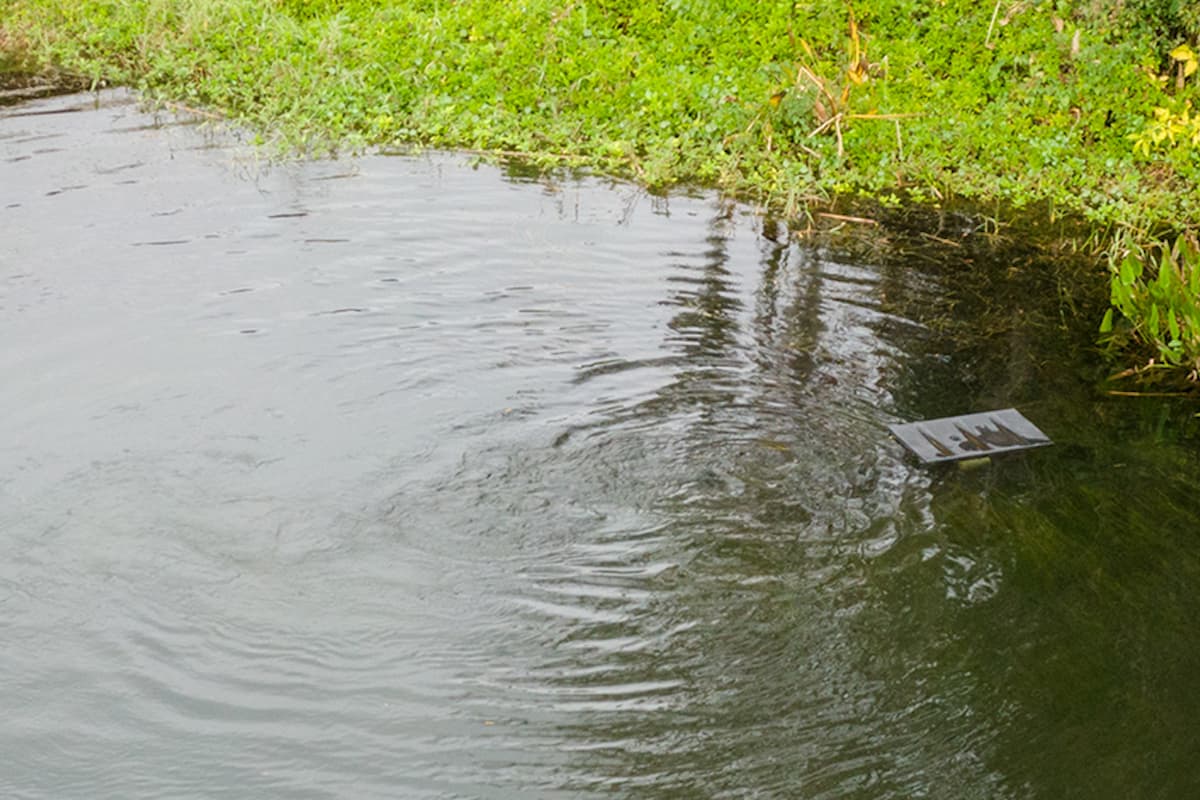
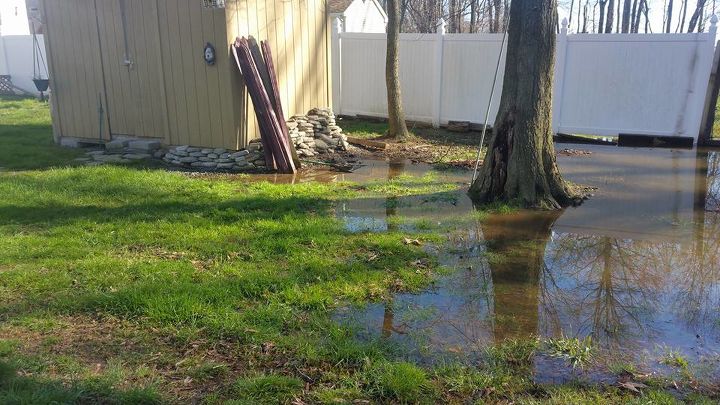

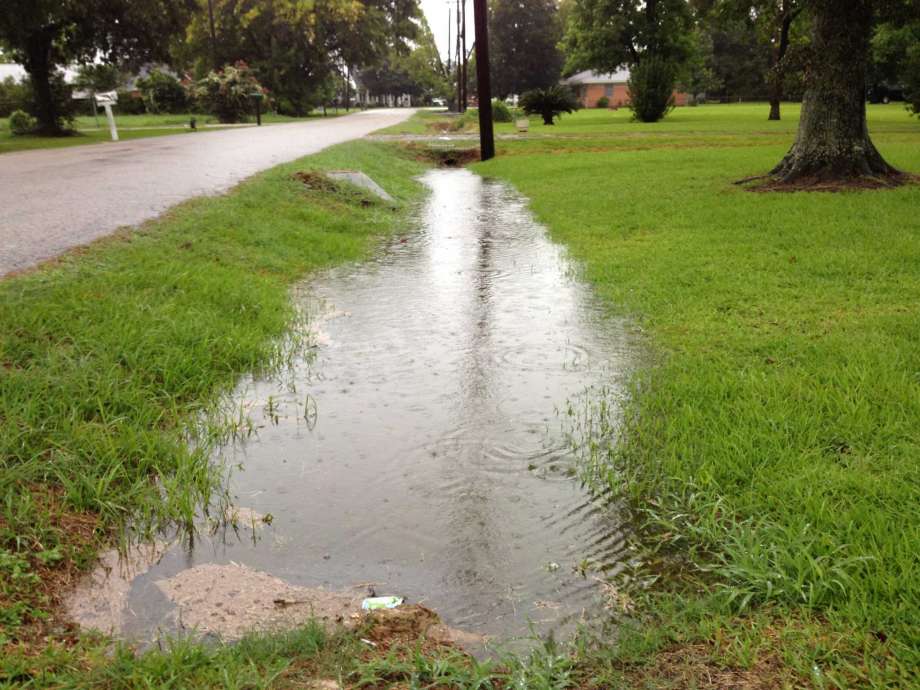


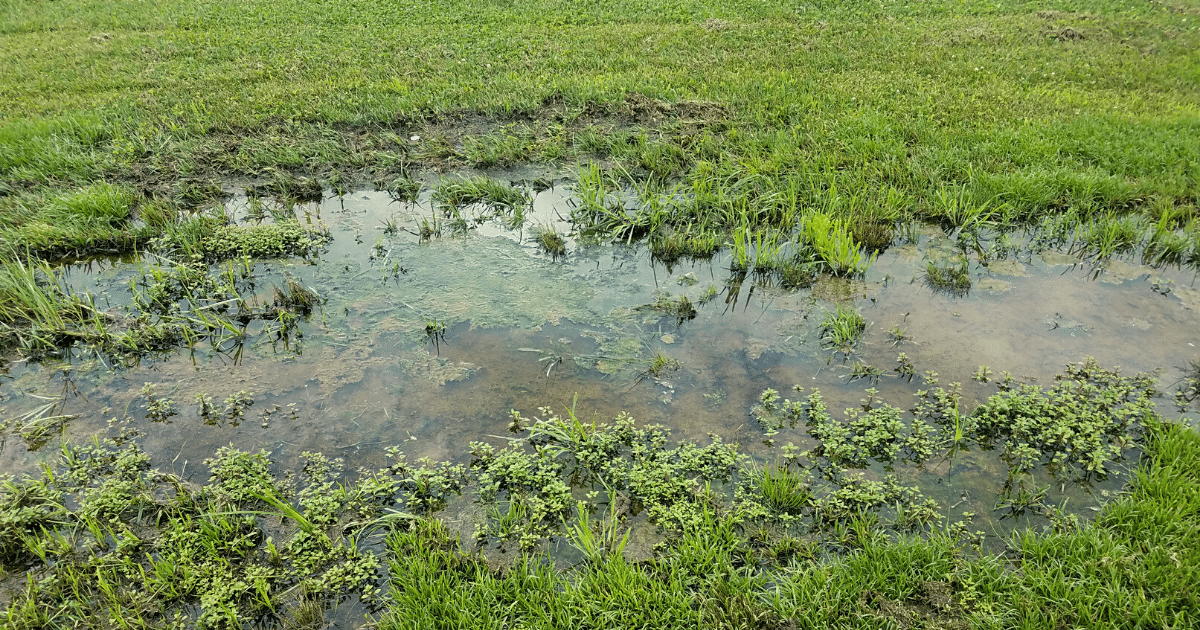



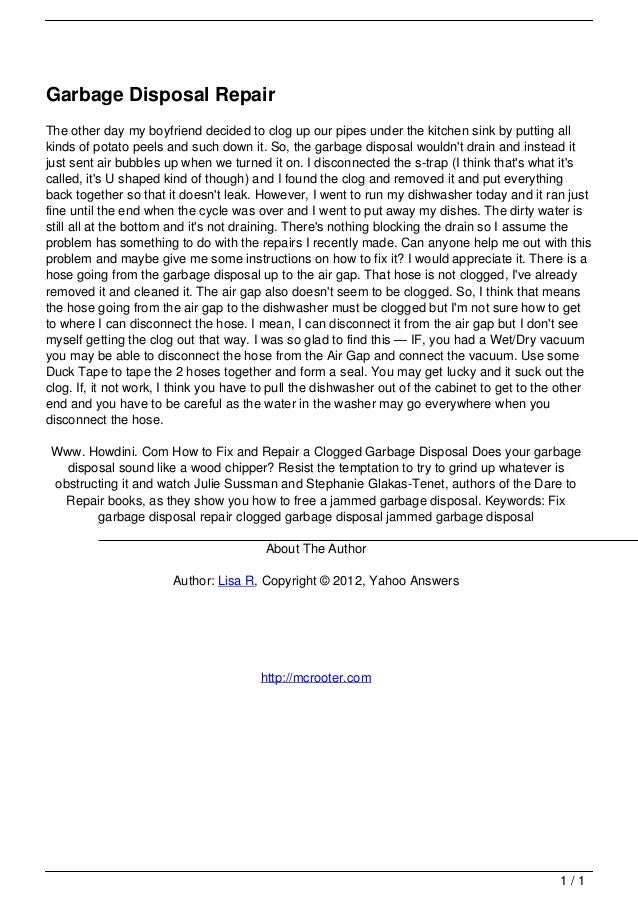










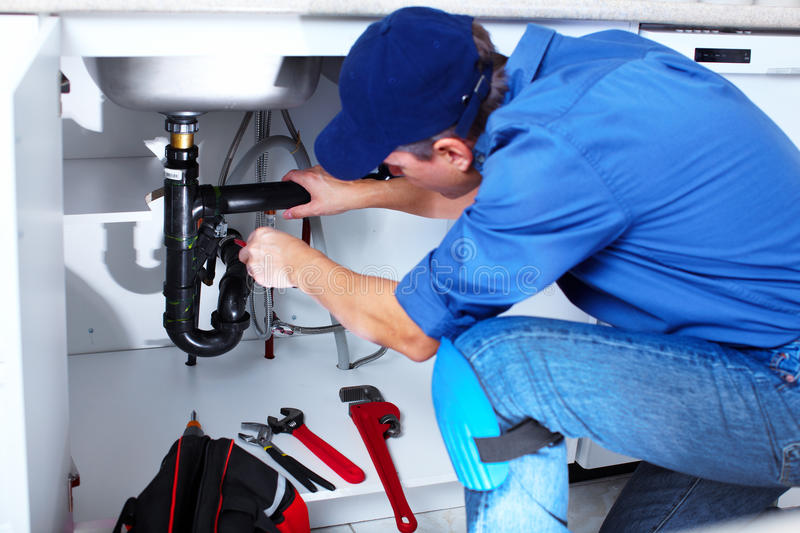
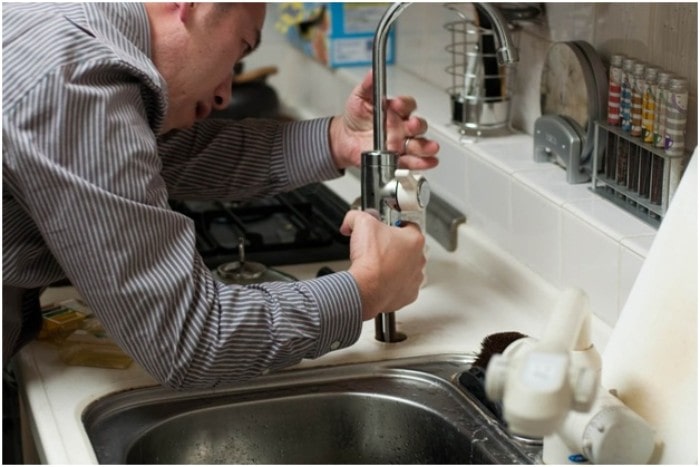

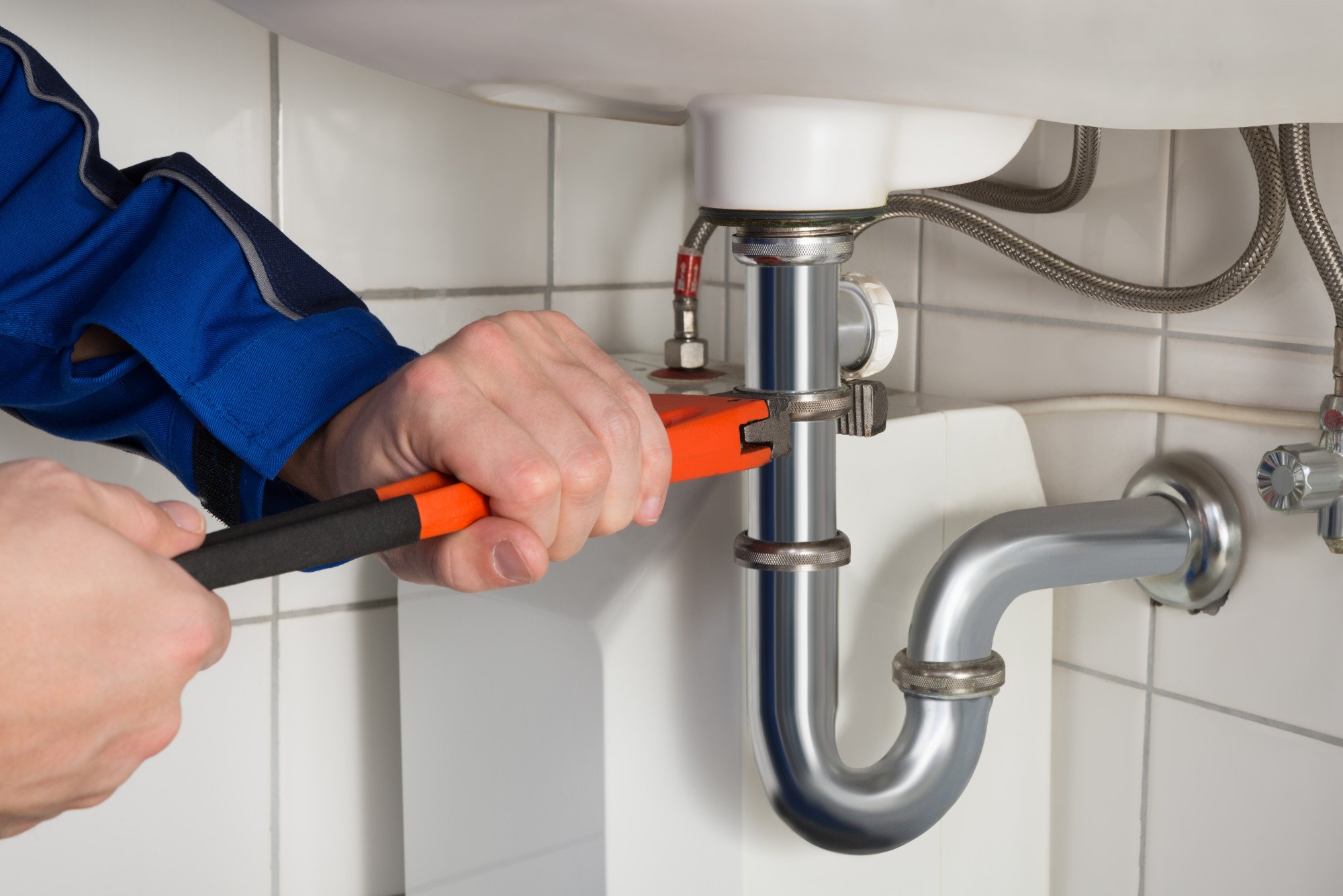
/BendPEXTubing90-DegreeJoint-c05aa26bcb2a49fe96c3e851a5efe9a4.jpg)
